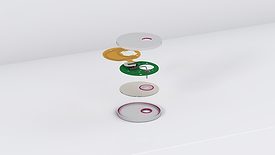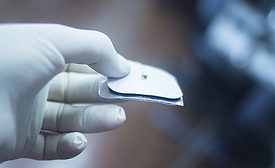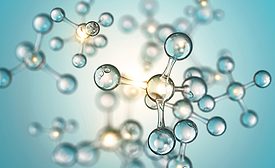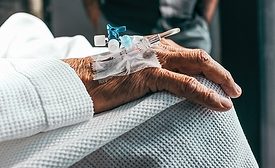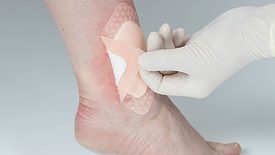Home » Keywords: » adhesives in medical/dental
Items Tagged with 'adhesives in medical/dental'
ARTICLES
Researchers at UC Berkeley Develop Recyclable Adhesives
New recyclable adhesives can be easily adapted for medical, consumer, and industrial applications. Uses include surgical superglue that could be a game-changer for fetal surgeries.
December 18, 2024
Skin-Friendly and Silicone-Free Medical Adhesives
In medical applications involving delicate skin or wound care, the quality of an adhesive plaster or tape takes on particular importance.
December 16, 2024
Research Challenges Conventional Thought on Wet-Surface Adhesion
The implications of this research are significant, particularly in biomedical applications such as bandages, health monitoring sensors for moist skin, and advanced adhesives that could replace sutures.
November 15, 2024
EVENTS
Keep the info flowing with our eNewsletters!
Get the latest industry updates tailored your way.
JOIN TODAY!Copyright ©2025. All Rights Reserved BNP Media.
Design, CMS, Hosting & Web Development :: ePublishing
